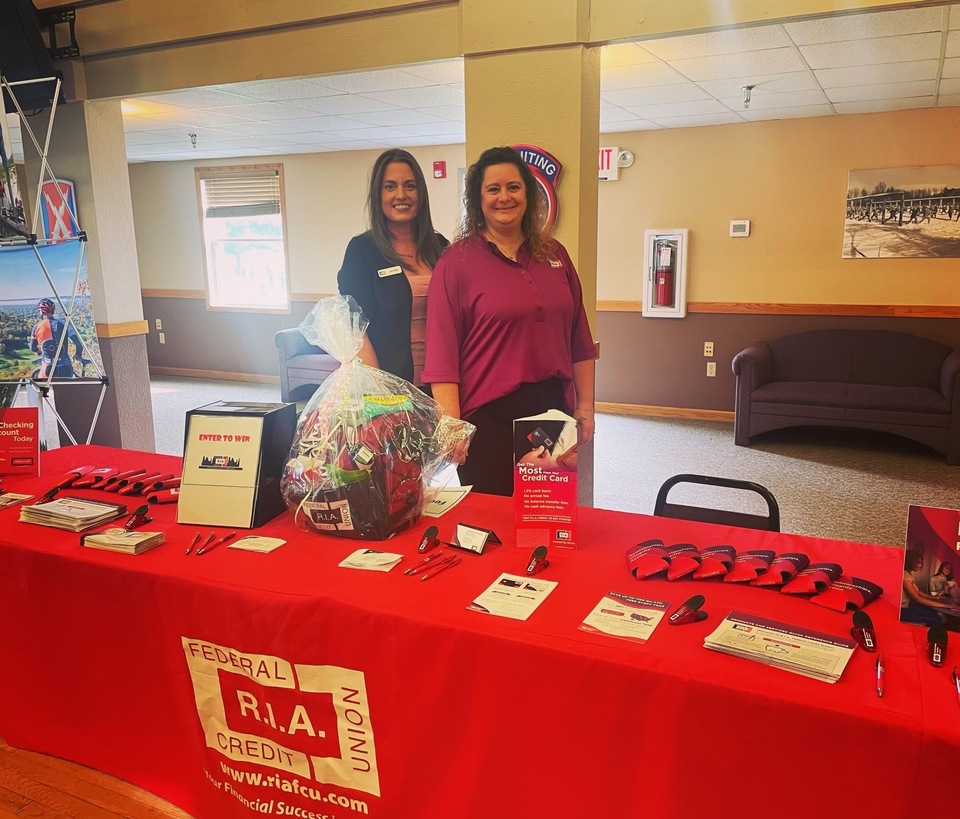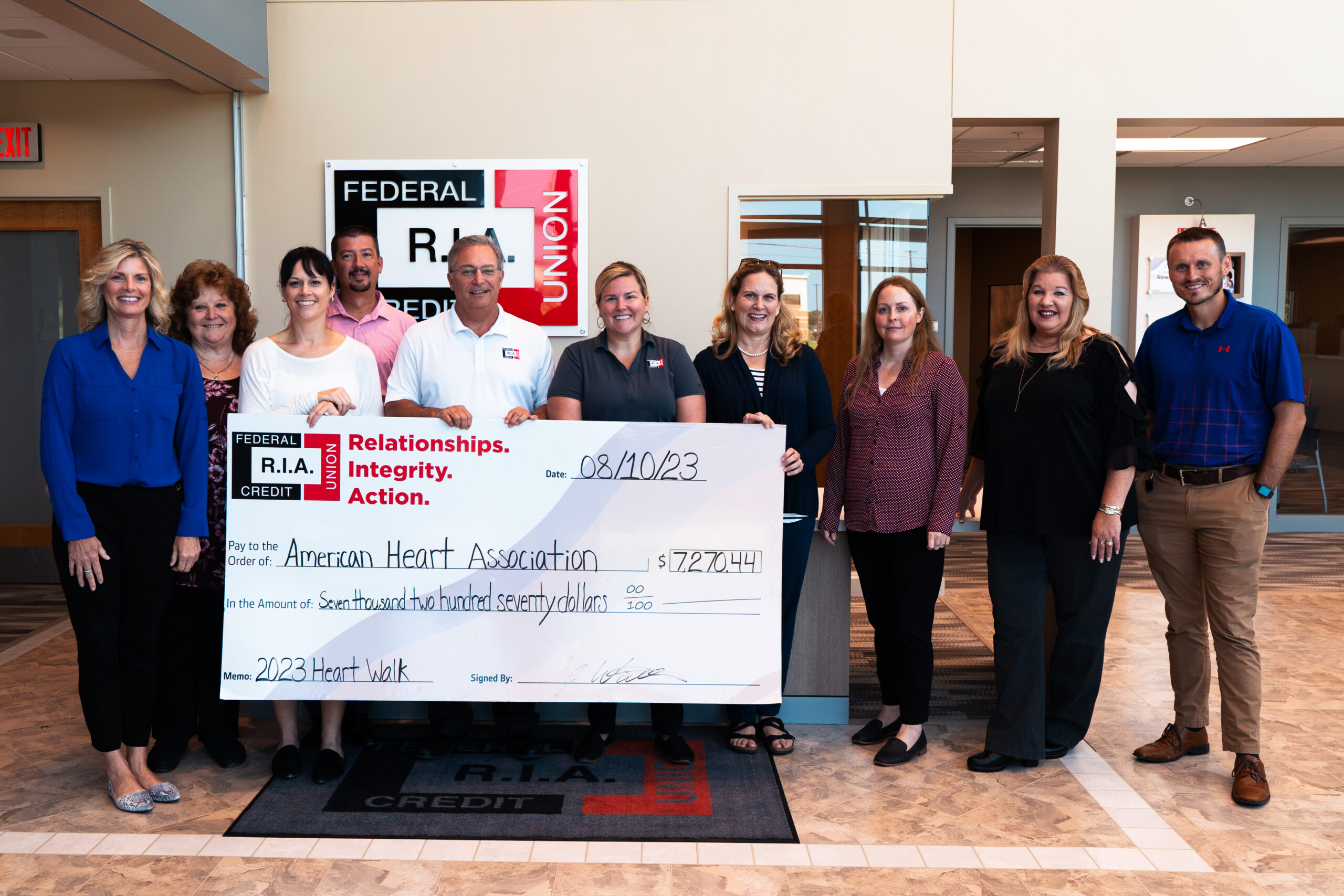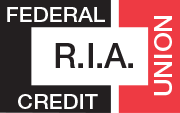SCAMMING ZELLE
How fraudsters use Zelle and how to protect yourself
Zelle is a great way to transfer money electronically. It’s fast and easy. Unfortunately, those same qualities make it a popular target for scammers. Here’s what you should know about Zelle scams and how to protect yourself.
Zelle Basics
Zelle is a money-transferring service just like Venmo and PayPal. The main difference is that Zelle is housed in the websites and apps of credit unions and banks. To use Zelle, you log into your financial institution’s site or app and then transfer/receive the money. To use Venmo or PayPal, you must log into those apps.
Two Scams
The most popular Zelle scam starts with what appears to be a message or phone call from your credit union. The credit union message typically asks you to contact it to verify a Zelle transfer. If you call the number, a scammer will then ask you to make a transfer to “return the funds” because (obviously) this wasn’t an authorized Zelle action. That transfer, now authorized, will send money to the scammer.
Another Zelle scam operates in much the same way, only this one starts from a fake utility company. The message will claim that the company didn’t receive your payment and to contact it to avoid a shut-off. Then, when you call the fake number and authorize a Zelle payment, once again the money goes to the scammer.
Protect Yourself
The best way to protect yourself from Zelle scams is to never send money to a company or person that you don’t know. If you are contacted by someone about a Zelle transfer, do not take action. Instead, hang up and contact your credit union or utility company directly and ask about transaction activities. The bottom line? Be vigilant. If something seems suspicious, it usually is.
Article provided by
IT’S TIME FOR A FINANCIAL CHECK UP
Why track spending and saving? Because what gets measured gets managed.
If you already live on a budget and have been dutifully checking your spending plan at the end of each month, bravo! Unfortunately, research shows that not everyone is disciplined enough to track their financial habits with regularity. For those who could use a little — ahem — nudge, read on.
In the most straightforward terms, we can evaluate our finances – including a household budget – by comparing what we planned to spend (or what we budgeted for) to what we actually spent. But there’s more to consider, of course, than just what’s coming in and going out. To get a full picture, it’s important to check in on other aspects of our financial lives to ensure our emergency funds and retirement savings are headed in the right direction and that we have enough life insurance and other protections to weather any of life’s unexpected storms.
Here are some of the key points to consider when reviewing your finances:
Monthly Expenses
Quite simply, you need to make sure that you earn more than you spend. If you find yourself struggling to make it to the end of a pay period, it’s time to sit down and see where your money is going. As you review your checking account statement and credit card bills, look to see where you can make adjustments. One common pain point is ordering takeout and restaurant dining, which has become even more expensive in recent years with soaring inflation. Another place you may be able to cut back is on your streaming subscriptions. The Consumer Financial Protection Bureau offers a budget template calendar along with spending and savings trackers to help you get started.
Emergency Fund
Our lives can take twists and turns we never see coming, from major illness to divorce to job loss. That’s why it’s so important to make sure you have three to six months’ worth of living expenses tucked away in a savings account so you have a built-in buffer if something unexpected happens. And yes, it can be easier said than done. One way to get a jump start on building an emergency fund – or a rainy day account – is to use your tax refund to get it started.
Some people start a side hustle and pour that income into a savings account. You can also take your next raise, or bonus, and funnel that extra money into a separate account. And when it comes to how much you need, there is some wiggle room. Someone who is single with no children or others to support can probably get away with saving a little less (on the three to four months side) compared to someone solely supporting a family of four or more who needs to have a full six months in their emergency stash.
Pro-tip: Once you save enough to create a cushion, get to work paying off any high-interest debt.
Retirement Savings
None of us are getting any younger and many of us may live much longer than we ever expected. That’s why it’s vital to intentionally plan for our futures by saving for the years ahead. A good rule of thumb is to aim to save 15 to 20% of your monthly salary for retirement, which includes any employee contributions through 401(k)s or other plans. The folks at AARP have a retirement calculator you can use to get an idea of where you stand. And whether you are nearing your golden years or just getting started, check out the Social Security Administration’s website at ssa.gov to create an account and learn more about your estimated benefits.
Pro-tip: If your employer offers a retirement account match, make sure you are putting in enough to grab all the matching dollars you can. Unsure? You can check in with your HR department to find out whether you are investing enough to get the full amount.
Insurance
If you have children or others who depend on your paycheck, then you need life insurance. Health insurance is also non-negotiable along with disability coverage, especially if it’s offered by your employer. While you often need to supplement employersponsored life and disability insurance, it tends to be affordable and typically worth the investment. And when it comes to life insurance, a term life policy often covers the needs of most people. Term life insurance is a policy that ends at a set point in time. It includes a death benefit, with no investment attached, and when the term ends, the coverage ends. Term life is usually much less expensive than other options. You can use the calculator at insure.com to see how much coverage you should consider at this stage of your life.
With reporting by Casandra Andrews
Article provided by
BE AWARE OF PHISHING SCAMS THAT COME VIA TEXT
Scams of all kinds are on the rise and getting more creative every day. Recently, we’ve seen an influx of phishing scams received via text. For example, you might receive a text message stating, “your debit card has been compromised please contact card services to reactivate.” In this text, they share a link or a phone number, prompting you to either click the link or call their phone number. This will bring you to a web page or recording and ask you to enter your 16-digit card information along with expiration and even security code and zip code. This is NOT a trusted link, nor is the phone number affiliated with your financial institution. It is an attempt to steal your information. Should you receive a similar notification, do not click the link, or call the included number. Instead, call the credit union directly via a trusted phone number and verify your account security.
COMMUNITY INVOLVEMENT
TOMAH CONCERT SERIES & WELLNESS FAIR
The Summer Concert Series in Tomah is a huge event for our Wisconsin team. They attended every Thursday night and brought plenty of smiles to the community. They are always out and about supporting our community. Some of our Quad Cities team even made the annual trip up to join them for a night of music! As always, we were met with a warm welcome. They also participated in the Wellness Fair.


CHARITY GOLF OUTINGS
The summertime is always full of charity golf outings and this year was no different. R.I.A. FCU was honored to participate in these golf outings: Fore Heroes, Pleasant Valley, Savanna Shadfly, Children’s Miracle Network, Fort McCoy’s Support the Troops, WHBF Client Golf Classic, Milan Chamber, Paul & Dale’s Hack N’ Give Back, QC Chapter, Wilton Wilfundy and YMCA. These outings benefit a variety of incredibly important causes, and we love supporting each and every one of them.
KIDS FOR VETS LEMONADE STAND CHECK PRESENTATION
The Kids for Vets is an organization of kids that host lemonade stands to raise money for our veterans. We joined forces with them again this year on three occasions. It’s always an honor to work with the kids. They do such an amazing job raising money. We again matched their earnings to show them just how much their hard work means.


BASS STREET LANDING
SUMMER CONCERT SERIES
R.I.A. FCU sponsored a night of Moline’s Bass Street Landing Summer Concert Series again this year. Employees and guests came out for a night of music and delicious food and enjoyed spending the evening in good company.
HEART WALK
CHECK PRESENTATION
Earlier this year, team R.I.A. FCU put on their walking shoes to raise money for the Heart Walk. We sponsored the event and ended with an astounding $7,270 raised. Great work to everyone who participated!


QUAD CITIES VETERANS
NETWORKING NIGHT
As an avid supporter of our veterans, we sponsored a Quad Cities Veterans Networking Night. Our mortgage team attended and shared their knowledge on all things mortgage, educating attendees about home loans. We enjoyed a night of food and networking.
WQAD KIDS COUNT CRUISE
We are so excited to have participated in this year’s WQAD Kids Count Cruise aboard the Celebration Belle! R.I.A. FCU put together an activity for kids to make their own Pirate’s Treasure Slime, and our mortgage team volunteered to man the booth. Fun was had by all, and kids definitely enjoyed their treasure.

NATIONAL ALLIANCE ON MENTAL ILLNESS(NAMI) WALK
The National Alliance on Mental Illness (NAMI) is a mental health organization dedicated to building better lives for the millions of Americans affected by mental health. Again, this year, some R.I.A. employees made it out to the NAMI Walk to help support and raise funds for such an important cause.
ARE YOU MAKING THESE FINANCIAL MISTAKES?
Some common money missteps to avoid
It can be easy to make mistakes with money. It’s easy to make mistakes with anything. However, with money, there are certain pitfalls that are easier to avoid than others. Here are some common money mistakes that can be avoided with just a bit of work.
Buying Too Much House
Just because you got approved for a huge mortgage doesn’t mean you need to use it all. Think carefully before buying a house that might end up breaking the bank. You don’t want to funnel all of your cash just to keep the lights on.
Not Investing
You simply have to invest to ensure you have some retirement nest egg. Even the highest-yield savings accounts can’t match the returns of the market over time. If you can put even a little bit into investments, you’ll be happy you did when the time comes to step away from work.
Paying for Things You Don’t Use
Everyone has subscriptions that they never or rarely use. Those little fees add up over time. Go through your subs and cut the ones you don’t need.
Not Tracking Money
You have to use a budget. It’s not fun, but it’s necessary. If you don’t track your spending, earnings and savings, you will most likely eventually run into problems.
Forgetting to Check Your Credit Report
You can check your credit report three times per year (one from each credit bureau) for free. Do it. If there are inaccuracies on your report, it will drag your credit score down. Get them fixed and watch your credit score jump.
Article provided by
NEED ANOTHER DOSE OF R.I.A.?
SEE US SOON AT THESE EVENTS
HAV Life Golf Outing – October 2nd
Mel Foster Pumpkin day – October 14th
Bettendorf Parks & Recreation Movies in the Park – October 14th
Boo on the Rock at the Arsenal – October 18th
Savanna Thompson Prison Wellness Fair – October 19th
International Credit Union Day – October 19th
Logan Elementary Trunk or Treat – October 19th
Community Blood Drive – October 24th
Re/Max Trunk or Treat – October 25th
Sexton Ford Trunk or Treat – October 26th
Milan Chamber Trunk or Treat – October 26th
American Heart Association Luncheon – October 27th
Boo at the Zoo – October 28-29th
Wilton Chamber Trunk or Treat – October 31st
Festival of Trees Parade – November 18th
Festival of Trees Military Day – November 19th
Fort McCoy Tree Lighting – December 7th
Savanna Chamber Ugly Sweater Contest – December 15th
Special Closings
Columbus Day – Monday, October 9
Veteran’s Day – Friday, November 10 – Open Regular Business Hours
Thanksgiving – Thursday, November 23
Christmas Day – Monday, December 25
New Year’s Day – Monday, January 1
Remember, you can still access your credit union account on holidays and after hours with your R.I.A. FCU ATM/Debit Card, Mobile Banking, DANA or Internet Account Access. Sign up today!
